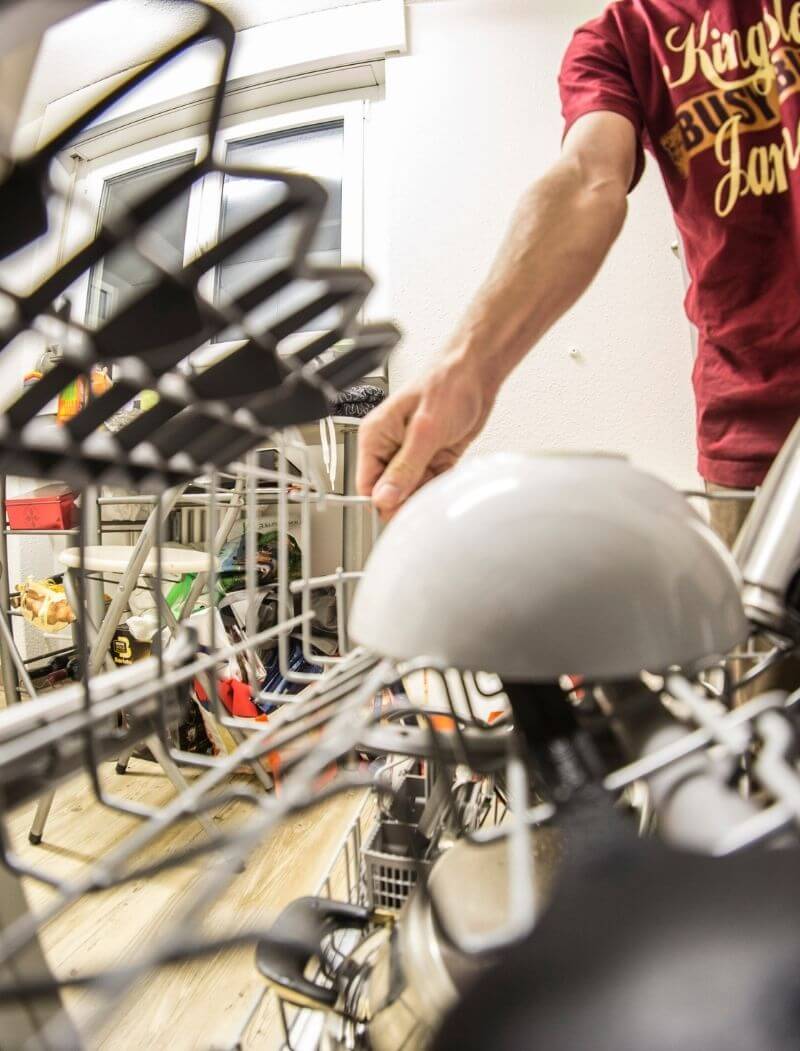3 Items You Must Avoid Placing in Your Dishwasher
Some people see dishwashing as an unavoidable but time-consuming task and wish there were a better way to do it without much effort. What is the solution to their problem? The answer is automatic dishwashers!
With such a machine in your kitchen, dishwashing becomes much less of a chore, helping you save plenty of time and energy. However, the last thing you want to happen is to damage it, which might cause more headaches later on.
That said, one of the most common causes of dishwasher problems is placing items in the machine that should not be there. For example, placing a knife in there will not only put the knife at risk of dulling, but its sharp edge can damage the interior of the machine, causing rust and other types of damage.
With that in mind, here is a list of items you should avoid placing in the dishwasher:
1. Wooden items
If you have wooden items, like wooden bowls, spoons, cutting boards, and the like, you should avoid placing them in the dishwashing machine. This is because the machine uses strong detergents that could strip the wood of its oils that keep it from drying out.
To thoroughly clean your wooden items, hand wash them with mild detergent and dry them as quickly as possible. This allows the wood to maintain its natural oils and shape!
2. Metal products
Metal items, such as cast-iron pans, aluminium spoons, and copper mugs, will not do well in a dishwashing machine. This is, again, because the machine uses strong detergents to clean. When any of the above metals come into contact with the detergent, it can cause various problems, like corrosion, stripping the metal of its oil (applicable to cast-iron products) and dulling the finish.
Your best bet to clean metal items is to use a little elbow grease and mix some warm water and mild detergent.
3. Items with sharp edges
Any item with sharp edges, such as knives and graters, should not be placed in the dishwasher, as it could damage the coating inside the machine. This coating protects the machine’s components from problems, such as rust. If any sharp edge were to damage this surface, various problems might follow.
In addition to the above, items with tiny holes, like graters, will not be cleaned as effectively as by hand. As such, clean your sharper items by hand. While it will take extra effort, it will keep your expensive dishwashing machine investment safe and you will end up with cleaner utensils and kitchenware.
Conclusion
Your dishwashing machine is built to clean but remember that it is not made to clean everything. Avoid placing any of the items above to ensure your dishwashing machine can continue working without issues and protect the machine from any damage. In doing so, you will also protect your other kitchen tools, ensuring their lifespan is maintained.
However, if you do damage your dishwashing machine, do not fret! Repair companies are available out there, and some specialise in servicing your dishwashing machine. All you need to do is contact them, and they will be right over to fix it back up.
Unit Appliances is a full-service repair shop offering appliance repair services for ovens, washing machines, and more. If you need dishwasher repairs in Melbourne, contact us today!


0 Comments